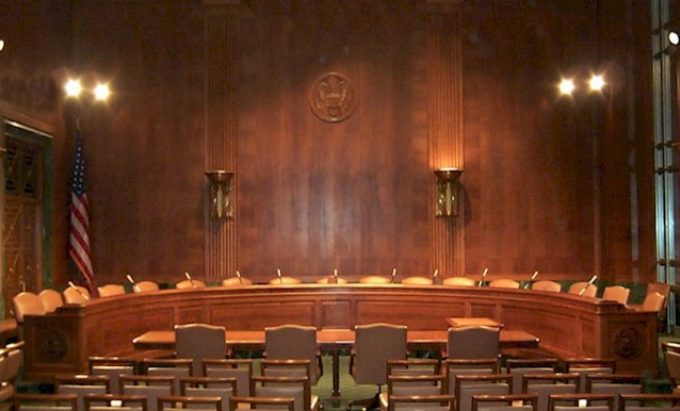
Defend Trade Secrets Bill of 2016 Seeks to Establish Federal Cause of Action for Trade Secrets Misappropriation
By Suyoung Jang – Edited by Mila Owen
S.1890 - Defend Trade Secrets Act of 2016
On March 7th, the Senate Judiciary Committee released Senate Report 114-220 supporting the Defend Trade Secrets Act of 2016 (“DTSA”). This report follows the Committee’s unanimous approval of the bill in January. Originally introduced by Sen. Orrin Hatch (R-UT), the DTSA would provide owners of misappropriated trade secrets damages awards and equitable remedies, including ex parte seizures under certain conditions, in order to provide federal protection for trade secrets. The bill enjoys bipartisan support in both legislative bodies and is likely to pass into law.
While individuals who misappropriate trade secrets are punishable by federal criminal law, there is currently no federal civil protection for trade secrets. Trade secrets are primarily protected by state law in the form of the Uniform Trade Secrets Act (“UTSA”) (which has been passed in 47 states), setting them apart from other types of intellectual property such as patents, trademarks and copyrights, which are protected by federal law. JD Supra suggests that the DTSA will remedy the issue of non-uniform enactment and interpretation of the UTSA among states, remove the jurisdictional hurdle to bringing UTSA cases in federal court that complicates interstate and international enforcement of trade secret rights and include economically important states such as New York and Massachusetts, which have not enacted the UTSA.
Under the DTSA, the owner of a misappropriated trade secret can seek recovery of damages for actual loss, unjust enrichment, and, potentially, exemplary damages. The bill also provides for injunctive relief insofar as it does not prevent a person from entering into an employment relationship, and provides for a longer statute of limitations (5 years) than the UTSA (3 years).
Most significantly, the DTSA establishes a procedure for civil seizure. At the committee hearing for the bill, critics of the seizure order provisions expressed concerns that seizure orders might be used to oppress small competitors. In response, the Committee amended the bill to place further limitations on the seizures. In the current version, the process begins with the filing of an affidavit or verified complaint with an ex parte application for the seizure of “property necessary to prevent the propagation or dissemination of the trade secret that is the subject of the action.” The trade secret owner must then show:
- An order pursuant to Fed. R. Civ. P. 65 would be inadequate.
- An immediate and irreparable injury will occur.
- The harm to the applicant of denying the application outweighs the harm to the legitimate interests of the person whom the seizure is ordered and substantially outweighs the harm to any third parties.
- The applicant is likely to succeed on the merits of the trade secret misappropriation claim.
- The person against whom the seizure is ordered has actual possession of the trade secret and the property to be seized.
- The application describes with particularity the matter to be seized and its location.
- The person against whom the seizure is ordered would destroy the matter if the applicant were to proceed on notice to such person.
- The applicant has not publicized the requested seizure.
Upon this showing, the court may seize property, subject to statutory requirements that the seizure is as narrow as possible and that it minimally disrupts business and subject to a statutory provision that a party suffering damages from that seizure may bring an action to recover.
With the Senate Judiciary Committee’s blessing, the DTSA is awaiting presentment on the Senate floor and later in the House. Before the amendments, the DTSA enjoyed bipartisan support in the House, garnering 126 co-sponsors.
The Washington Times provides a helpful analysis of the potential consequences of the DTSA.